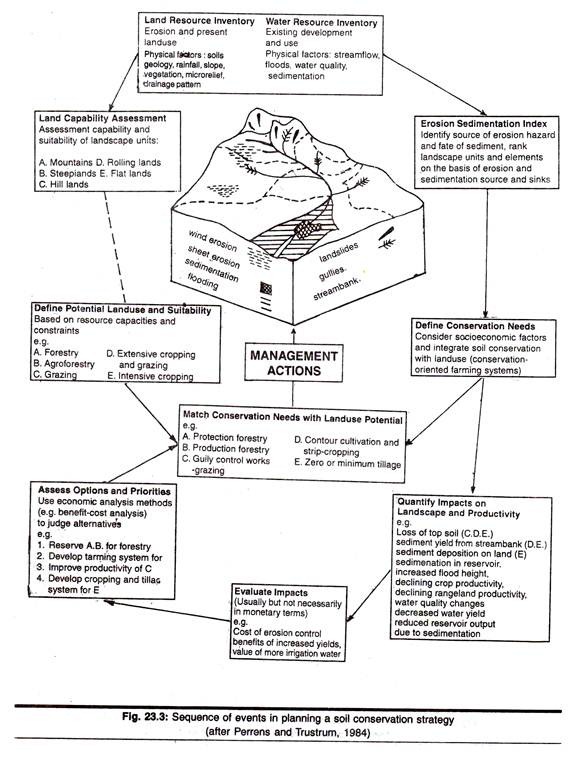Theories of Justice: John Stuart Mill’s Harm Principle Essay.
John Stuart Mill discusses the conception of liberty in many ways. I’d like to focus of his ideas of the harm principle and a touch a little on his thoughts about the freedom of action. The harm principle and freedom on action are just two subtopics of Mill’s extensive thoughts about the conception on liberty.
John Stuart Mill, describes the Harm Principle as, “The justification for interference with someone’s freedom to live their life as they choose is if they risk harming other people.” (Warbuton,23), indicating that your right to freedom of expression will be upheld until you clearly incite violence and or physical harm onto another.

Mill’s Harm Principle English philosopher John Stuart Mill is the author of the essay titled “On Liberty.” It is known as one of the classic texts on modern liberalism as well as been hugely influential in politics, even more than we might realize.

Theories of Justice: John Stuart Mill’s Harm Principle Essay This “very simple principle,” as Mill portrays it in the book itself, is now commonly known as the Harm Principle, and it serves as the basis for his defence of individual freedom.

John Stuart Mill an English philosopher promotes the idea of an individual’s liberty. The individual right’s liberty main concept is the harm principle. The harm principle promotes individuals rights. It states that the society can only exercise power rightfully over an individual if his or her actions cause harm to others.

John Stuart Mill was a British philosopher who lived during the first half of the 1800s. He wrote many essays that created rules that people could use to decide what actions were good and bad. One.
Through this, the Principle of Harm by John Stuart Mill was explored through its definition in regards to liberty and its link to personal freedom. Also explored was the only circumstance in which Mill believes freedom can be limited: to protect others from harm.

John Stuart Mills “Harm principle” states that the only actions that can be prevented are ones that create harm. In other words, a person can do whatever he wants as long as his actions do not harm others.
John Stuart Mill’s explanation of the harm principle is not as useful as once believed. Although the harm principle does in fact have some logic, it fails to set clear and concise borders regarding what denotes allowable hate speech. The harm principle essentially states that all speech, including hate speech, should be allowed.

Harm Principle by John Stuart Mill As one of the most popular scholars of his time, the works of John Stuart Mill stand out due to the deep sense of opinion that they elicit. On Liberty is one of his works published in 1859 and bearing his views on how liberty should be enacted in the lives of human beings.

John Stuart Mill was a British philosopher who lived during the first half of the 1800s. He wrote many essays that created rules that people could use to decide what actions were good and bad. One of these essays was titled On Liberty, which explained how much control society has over preventing or allowing the actions of a person.

Essay John Stuart Mill 's Article On Liberty. wish, as long as those are not causing harm to any others. Mill makes a number of justifications for his argument throughout his essay. He understands that in order for society to function, there needs to be certain restrictions on individual’s liberty.

Similarly, in an early essay in 1973 entitled Moral Enforcement and the Harm Principle-an essay which would sketch the contours of his later four-volume treatise on The Moral Limits of the Criminal Law-Professor Joel Feinberg rehearsed Mill's harm principle and he, too, pared the principle down to its original, simple formulation.


